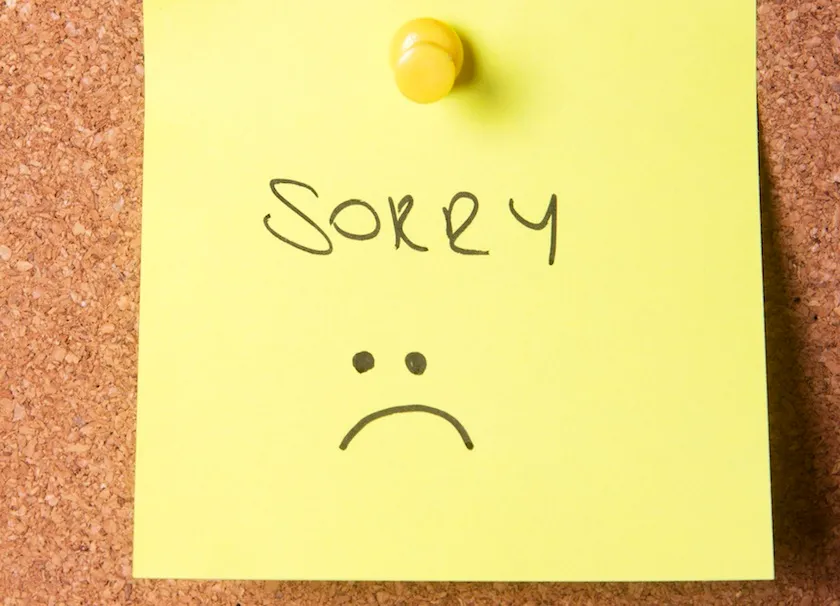Parent-teacher conferences begin for me this week. I will sit down with parents and students and discuss academic progress, effort, behavior, and the students’ prospective futures in middle school and beyond.
I like parent-teacher conferences. I have had excellent relationships with the vast majority of my parents over the years, and in some ways, the parents of my former students once saved my career.
Nevertheless, if I could, this is what I wish I could say to parents during my upcoming parent-teacher conferences. While these 12 things pertain specifically to me, I strongly suspect that they will also pertain to most teachers as well.
_____________________________
1. I love your child, just a notch below my own children. Truly. And oddly, that love kicks in almost immediately, just like it did with my kids.
2. I will miss your child for the rest of my life. Even if your child was incredibly difficult and made my days long and exhausting at times.
3. My primary goal as a teacher is to make my students and the parents of my students happy with my performance. Students and parents are both my customers and my bosses (though I’d never let my students know this). If you are happy, then my administrators will also be satisfied with my job performance. If they are not, something is wrong with my administrators, and their opinions will matter very little to me.
4. You are so very wrong if you view our relationship as adversarial in any way.
5. When I ask you to call me by my first name, it’s because I want to have the kind of relationship with you that requires first names. There is no need for artificial barriers in our relationship. We are two adults who both love your child. Why would we not be on a first-name basis?
6. Some of my closest friends (and the godparents of my children) are the parents of former students. These relationships developed because we treated each other as equal partners in their child’s education. If you and I are doing our jobs well, we should be friendly, if not actual friends, by the end of the school year.
7. There is nothing wrong with questioning my decision. I only ask that you don’t question my intent. Know that I am always trying to do my best on behalf of your child and that despite my best intentions, mistakes will be made.
8. If I have done something that disappoints or upsets you, always come to me first. You can’t imagine how hurt I am when I hear about your feelings secondhand, either from an administrator or (even worse) through the parent, teacher, or student rumor mill.
9. The single greatest lesson that I have learned in my 16 years of teaching is the importance of following through. Always do what you say you will do, and never make a threat or a promise that you cannot make happen. This is given me a hard-earned reputation with students and has allowed me to be as successful as I have been. It’s a lesson I have brought into parenting, and it also serves me (and my children) well. It’s the one parenting piece of advice that I pass on to you.
10. Please know that both legally and ethically, there are times when I want to say something or agree with you but cannot for a multitude of reasons, usually pertaining to the privacy of another student. It’s frustrating for me, and I’m sure it is for you, but it’s also my professional responsibility.
11. A lower-than-desired grade on a report card is only my honest assessment of your child’s performance and not an indictment of your parenting or your child’s potential. It’s probably just an indicator that there is room for improvement.
12. I will wonder (and worry) about your child’s future for the rest of my life.








